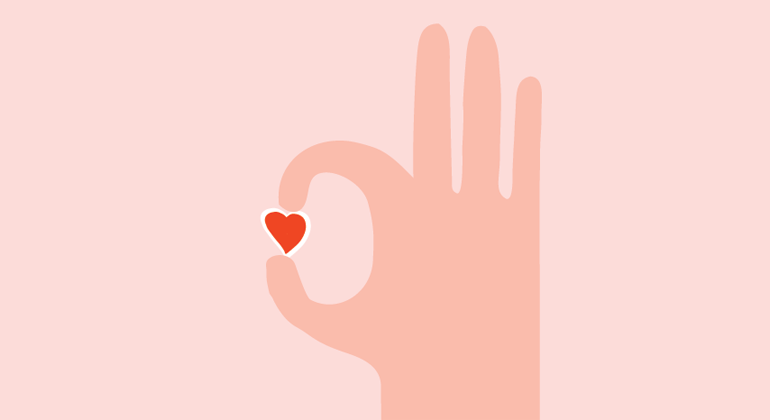After our second child was born people would look at us, two parents and a healthy daughter and son, and comment that we now had the “million dollar family.” That statement bothered me, even though I knew it was said with good intentions. If we’d had a second daughter, would we be only the $500,000 family? What if one of our children had been born with a disability?
Over the past few years I have begun to realize that families aren’t supposed to look perfect. Do you know a family that has never faced illness, hardship, loss of a job, or some other big trial? I doubt it. Do you know a family who has only healthy children who have never required surgery, hospitalization, a visit to a specialist, routine medication, physical or speech therapy, or some other supportive care? Probably not.
When we were in the process of adopting 10-year-old Majorine and two-year-old Ty from Uganda, we heard from all quarters that we were making our lives more difficult than they had to be. What would we do about school for an older adopted child who was just learning English? How would we care for a little boy who might have major medical concerns? How would we bond with children who did not even know us? We were told that we were being unfair to our two biological children, Holly and Brett. Basically, we heard that we were making our previously “perfect family” imperfect.
Why would we do this? Because families aren’t supposed to be perfect. And that is what holds us together and why we love each other, even when we seem unlovable to others. We love each other for our quirks, our weaknesses, our disabilities, and our crankiness. We love each other during our illnesses, and despite our challenges, just as we love each other for our victories and for our talents, accomplishments, and strengths.
We have friends who have adopted children with special needs — Down syndrome, HIV, and almost everything else that a child can be born with or acquire. Yes, these friends knew what they were getting into, and they chose to do it. They did not see it as damaging or burdening their family. Rather, they saw an opportunity to give a home to a precious child, a child who would bring joy to their family. Today I watched a video of an adorable girl with Down syndrome, recently adopted from China, putting on a ballet recital for her siblings. She spun, twirled, and leaped gracefully as her younger brother and sisters watched in admiration. They clapped furiously at the end. You can’t tell me that this little girl made her family less perfect in any way. Not at all.
When Majo had been home with us for about six months, she was asked to write an essay about whom she would choose to spend a day with if she could spend it with any person, living or dead, fictional or non-fictional. Our sweet girl, who had recently turned 11, wrote that she would spend the day with her little brother, two-year-old Brett. Our four-year-old daughter, Holly, has said many times that the happiest day of her life was when Majo joined our family. Last night during a thunderstorm the girls huddled together to comfort each other, then slept together all night long. And when Ty, our youngest, is cranky or throwing a fit, no one can comfort him quite like Holly.
Did we damage our biological kids when we adopted our other two children? Have we been unfair to them? Somehow I don’t think so. Did we ruin a good thing? Hardly. We may not be a “million dollar family” any more but, hey, nobody’s perfect.



